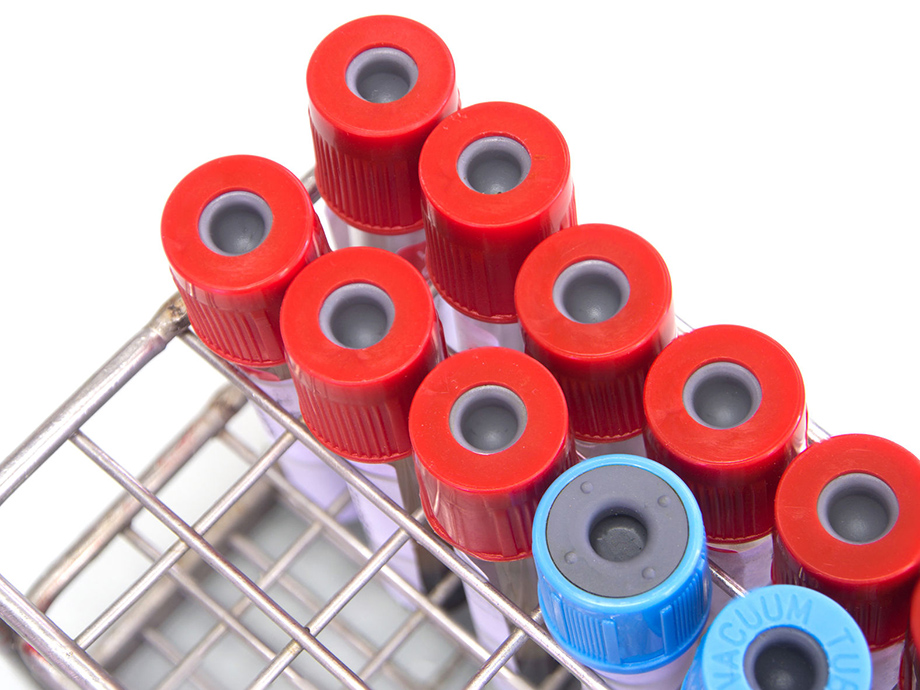FDA Approves Blood Test to Aid Concussion Evaluation
February 23, 2018, 02:19 pm News Staff – (Editor's Note: The original headline of this story has been changed to more accurately reflect the purpose and capabilities of the new test.)
On Feb. 14, the FDA approved the first blood test developed to evaluate mild traumatic brain injury (mTBI), or concussion, in adults. The agency's action authorizes Banyan Biomarkers Inc. to begin marketing the diagnostic tool in the United States, according to an FDA news release.

Known as Banyan BTI (Brain Trauma Indicator), the new test measures levels of two protein biomarkers -- ubiquitin carboxy-terminal hydrolase-L1 and glial fibrillary acidic protein -- that are released from the brain into blood within 12 hours of head injury. Levels of these blood proteins after mTBI can help predict which patients may have intracranial lesions visible by CT scan and which won't, said the agency.
"Being able to predict if patients have a low probability of intracranial lesions can help health care professionals in their management of patients and the decision to perform a CT scan," the release noted. "Test results can be available within three to four hours."
The FDA said currently, most patients with suspected head injury are examined using the 15-point Glasgow Coma Scale. Patients then undergo a CT scan of the head to detect brain tissue damage or intracranial lesions that could require treatment. In most cases, patients evaluated for mTBI with CT scan don't have detectable intracranial lesions.
"A blood-testing option for the evaluation of mTBI/concussion not only provides health care professionals with a new tool, but also sets the stage for a more modernized standard of care for testing of suspected cases," said FDA Commissioner Scott Gottlieb, M.D., in the news release.
"In addition, availability of a blood test for mTBI/concussion will likely reduce the CT scans performed on patients with concussion each year, potentially saving our health care system the cost of often unnecessary neuroimaging tests," he added.
The FDA evaluated data from a multicenter, prospective clinical study of 1,947 blood samples from adults with suspected mTBI, comparing those blood test results with CT scan results.
Banyan BTI accurately predicted the presence of intracranial lesions on CT scan in patients who had them 97.5 percent of the time; the test also predicted the absence of such lesions in those who didn't have them 99.6 percent of the time.
According to the agency, these findings show that health care professionals can start using the tool to rule out the need for CT scan in at least one-third of patients suspected of having mTBI.
The FDA reviewed and approved Banyan's de novo request in fewer than six months through the agency's Breakthrough Devices Program. The de novo premarket review pathway is used for some novel low- to moderate-risk devices for which there is no previous legally marketed device. The Breakthrough Devices Program is intended to give patients more timely access to certain medical devices by expediting their development, assessment and review.
Gottlieb also noted that the FDA's authorization of Banyan BTI supports its Initiative to Reduce Unnecessary Radiation Exposure from Medical Imaging, which seeks to "ensure that each patient is getting the right imaging exam, at the right time, with the right radiation dose."
Related AAFP News Coverage
Repetitive Subconcussive Impacts Linked to CTE, Study Finds
(1/26/2018)
More From AAFP
Familydoctor.org: Concussion